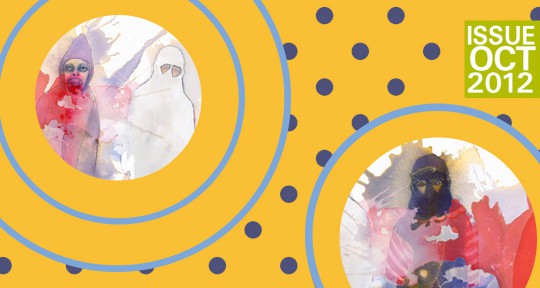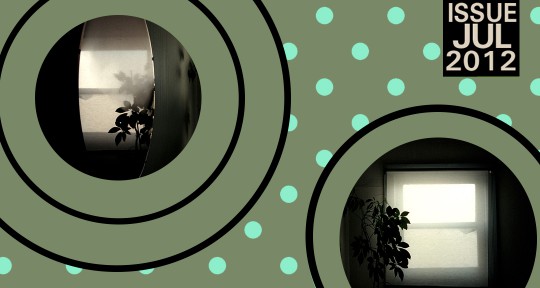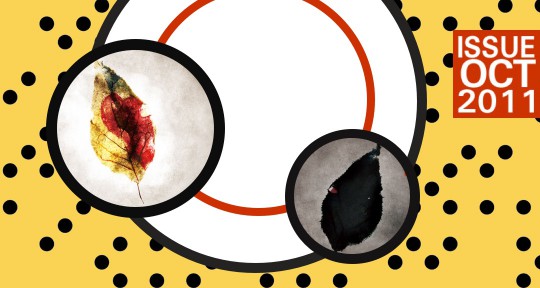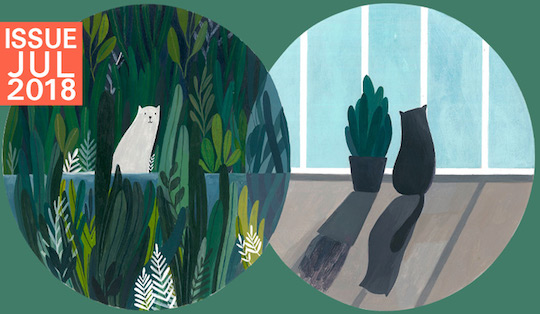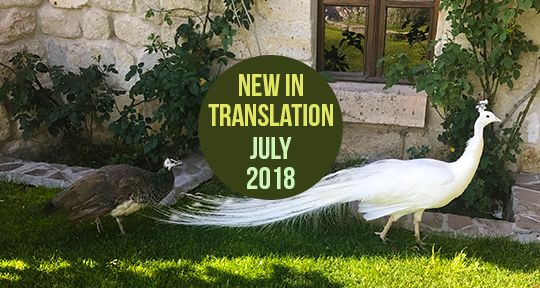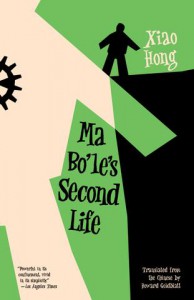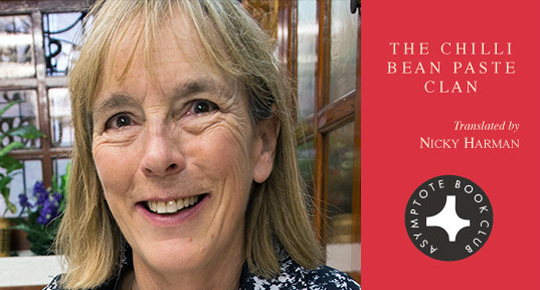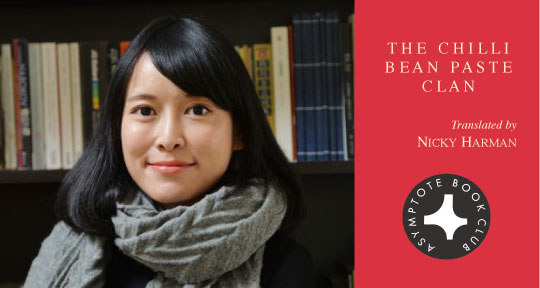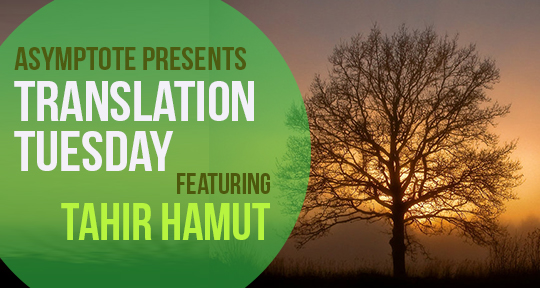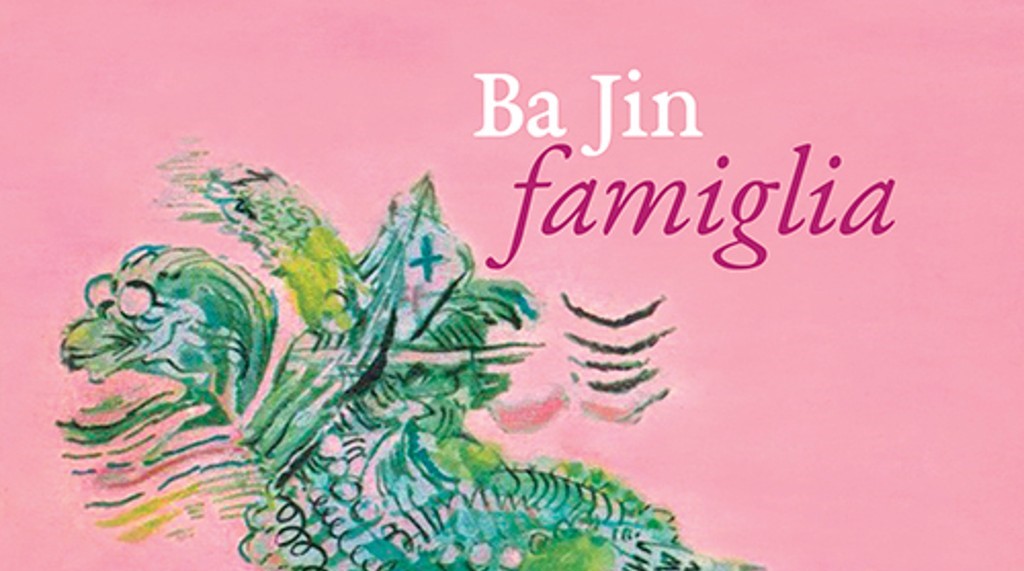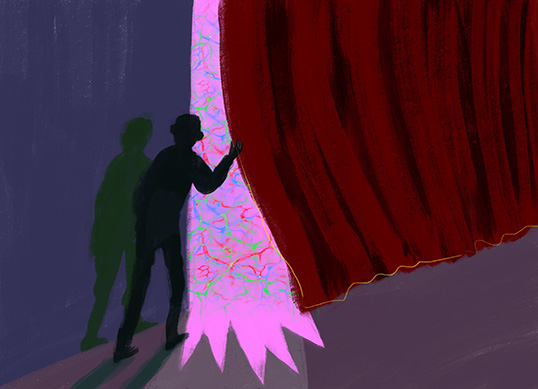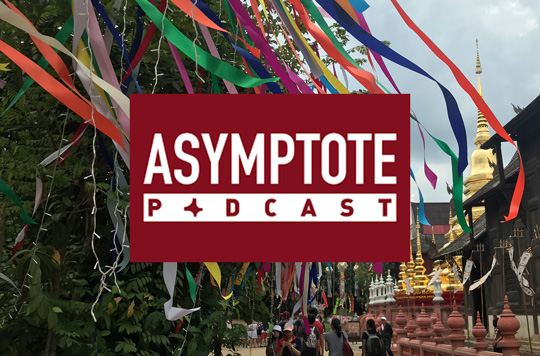Michael Henry Heim, the translator who introduced to English readers Milan Kundera’s The Unbearable Lightness of Being—and my personal favorite, The Joke—dies on 29 September 2012. Not only do we mourn his passing, we regret not being able to publish the interview Heim agreed to months before. Michael Stein of Literalab, who has been researching interview questions for Asymptote when news breaks of Heim’s death, writes a tribute instead, which we publish on Tumblr (this being before the arrival of our blog). On the other hand, Yiyun Li—whom I have been courting since the beginning of Asymptote—finally agrees to grace the pages of our eighth issue (listen to a snippet of her conversation with Clare Wigfall here). Haven’t read Li? Start with “Love in the Marketplace” from A Thousand Years of Good Prayers. Sometimes, in my more indulgent moments as editor, I think of that story and channel the question that the narrator asks of her mother, who prides herself on the care she takes to make the very best hard boiled eggs that she has been selling for forty years: Who even notices?
The Fall 2012 issue was the first issue of Asymptote that I encountered when I decided to reconnect with literature after a long hiatus. And I’ll be perfectly candid: as a skeptic who has never been afraid of ghosts, I was somewhat bemused by the Halloween-tinged theme of fear and the supernatural. But when I delved a little deeper I found no Disneyfication of the old pagan ritual but rather an exploration of fear that encompassed both the everyday and the extraordinary. In a whirlwind blend of poetry, fiction, loud-mouthed drama, and even phantasmagorical art, readers encounter the ghosts of of memory, AIDS, old age, Alzheimer’s, lost cultural identity, and so much more.
The pieces from this issue play off of each other’s fears and discoveries so well that it is almost uncanny. Afzal Syed Ahmed’s poem, which begins “In your language every line begins from an opposite end,” responds to Aamer Hussein’s fear of returning to a ‘home’ that no longer feels like home—and not simply because both are translated from Urdu. As Hussein explains, “I’m losing my mother tongue. I’m a vagabond, I carry my home on my back. Now I shall turn this foreign tongue into a whip and lash them with their words.” When discussing in her interview why she doesn’t feel ready to be translated into Chinese, Yiyun Li demonstrates a similar fear of losing one’s language, of being misinterpreted, of being pushed out or forgotten. READ MORE…

